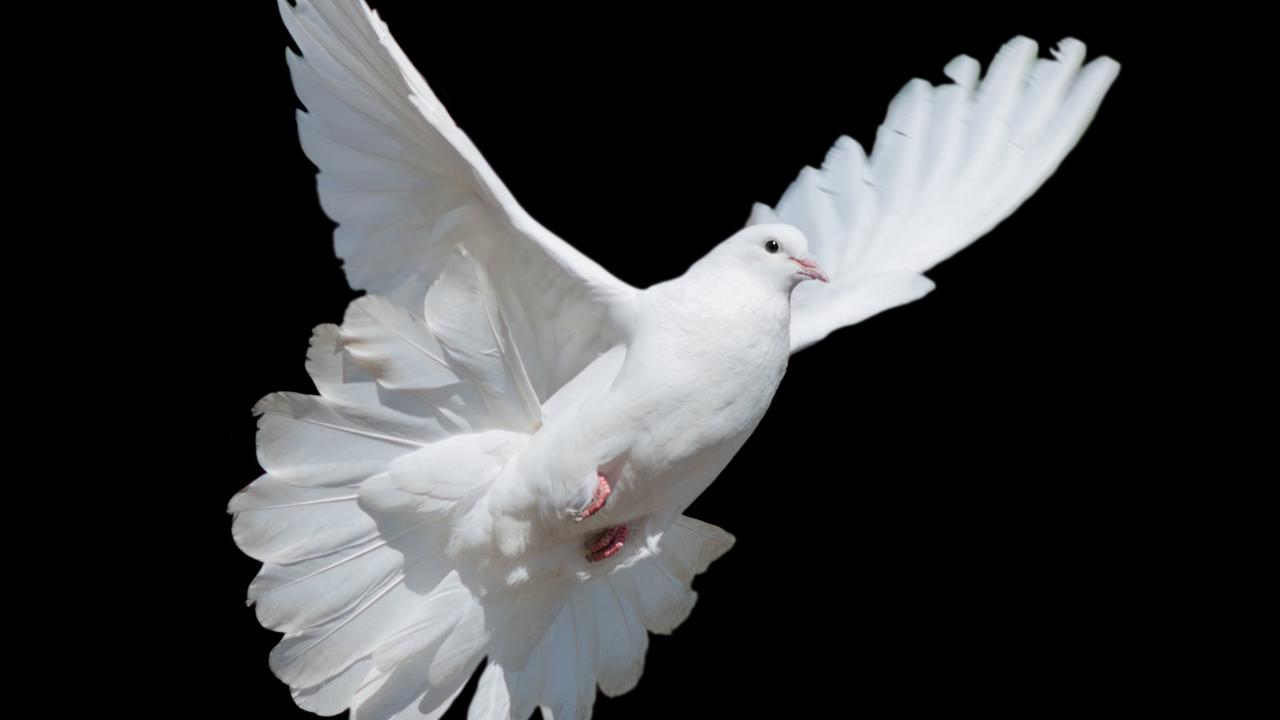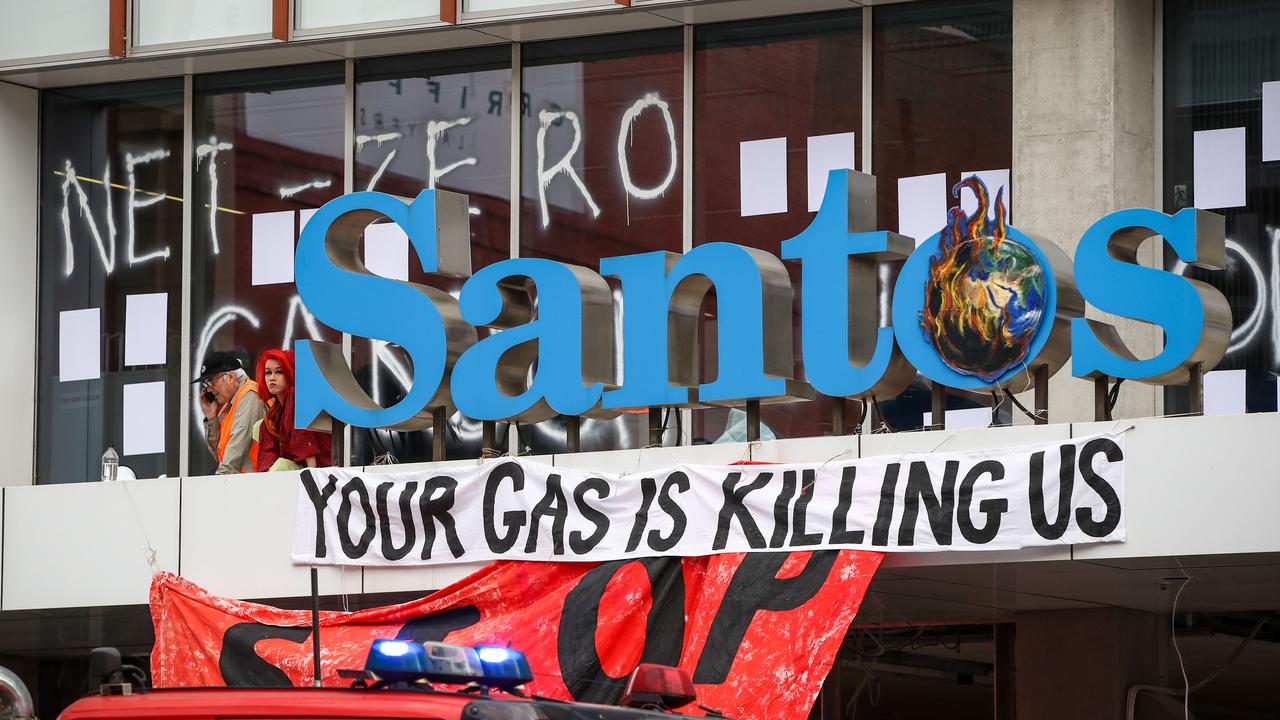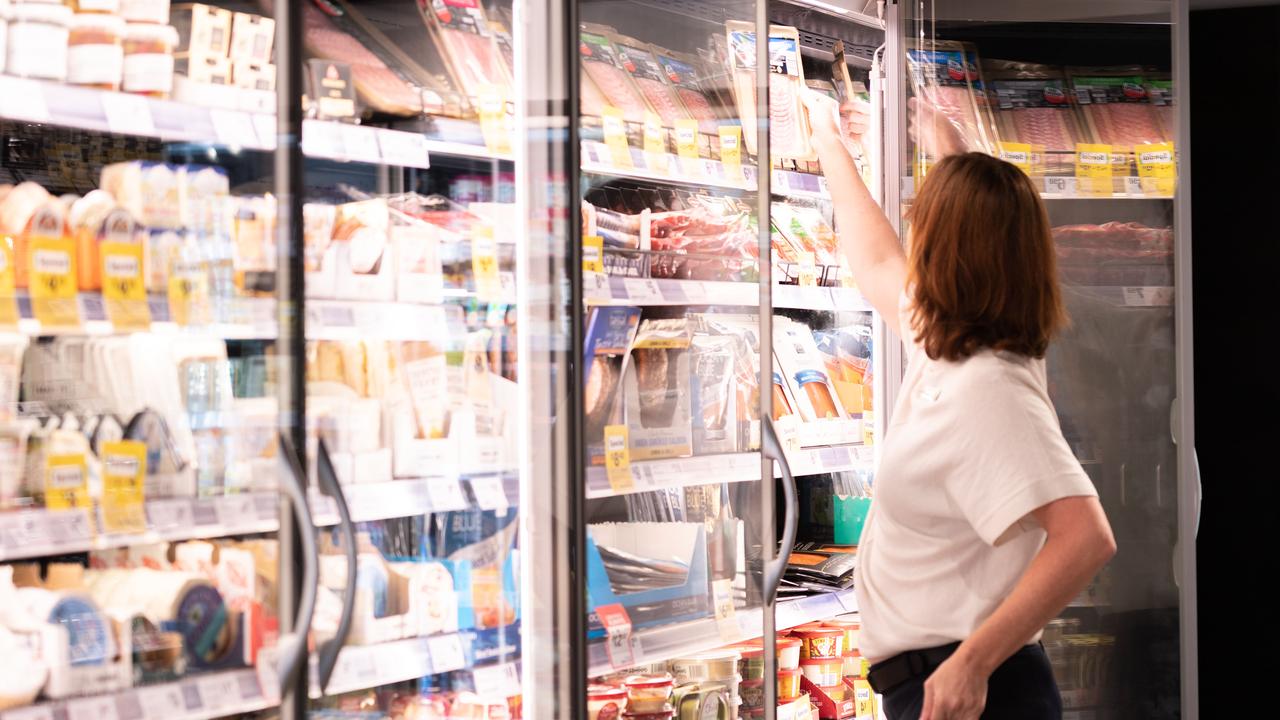Qantas-Virgin Australia duopoly now controls over 98 per cent of domestic market, ACCC reveals
The absence of serious domestic competition has Qantas and Virgin Australia raking in the cash, the ACCC reports.
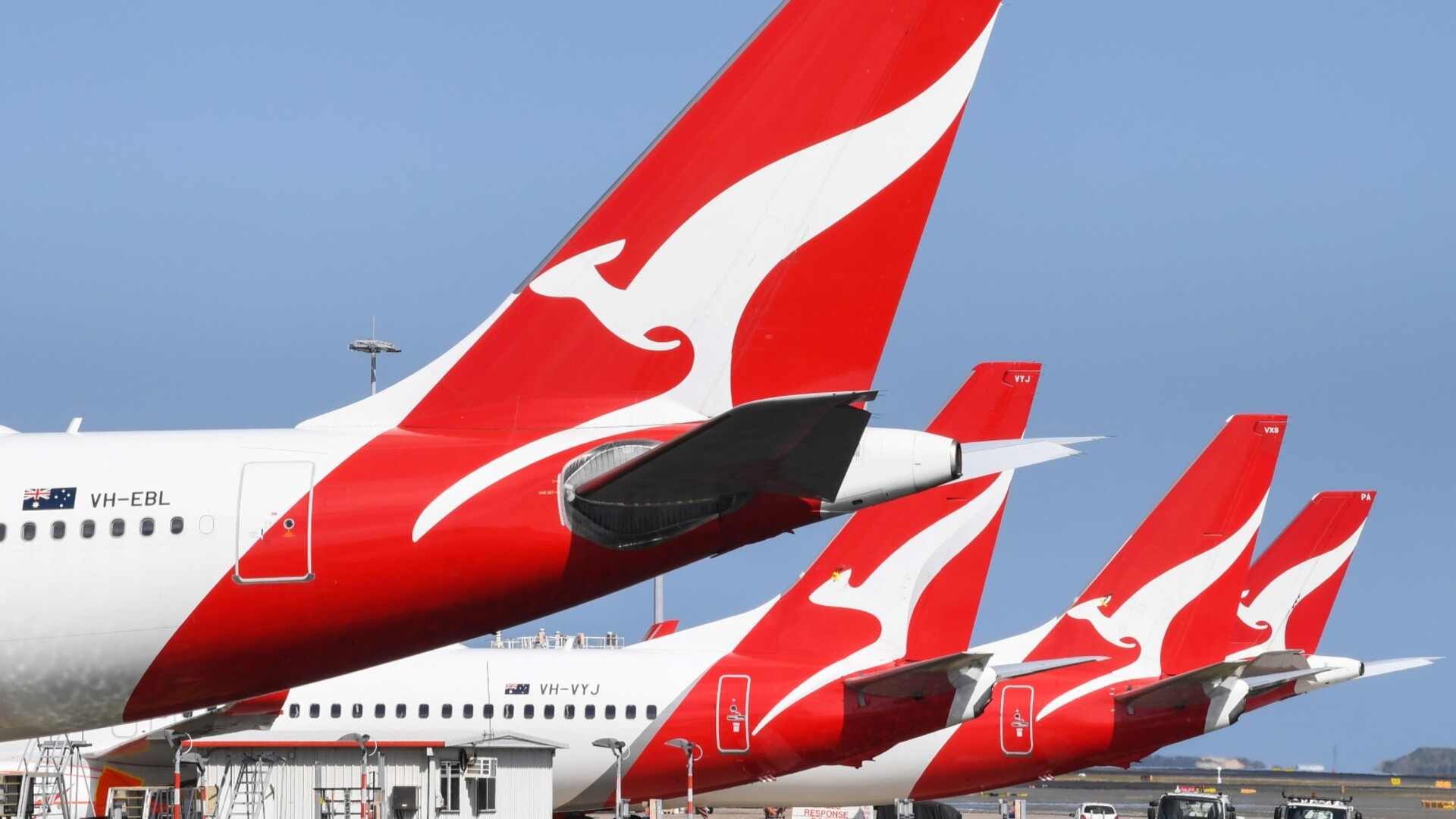
Business
Don't miss out on the headlines from Business. Followed categories will be added to My News.
The airline duopoly is reaping the benefits of almost no competition, with Qantas and Virgin Australia now controlling more than 98 per cent of the domestic market.
Qantas and Jetstar carry a combined 63.9 per cent of travellers within Australia, and Virgin Australia 34.4 per cent, leaving Rex with only 1.7 per cent.
The Australian Competition Consumer Commission’s airline monitoring report showed that Qantas reclaimed the title of the biggest domestic carrier, after increasing its market share from 34.6 per cent in December to 37.5 per cent in the March quarter.
At the same time, Virgin Australia flew 34.4 per cent of domestic passengers, down from 35 per cent in late 2024.
In total, the two major airline groups carried 98.3 per cent of passengers in the March quarter, compared to 93 per cent a year earlier.
The ACCC noted both airlines had increased profits as well as market share in the period since the demise of Rex’s major city operations and budget carrier Bonza.
Qantas reported $1.5bn in earnings before interest and tax for the six months to December 31, 2024, of which $916m came from its domestic operations.
Jetstar performed especially well for the group, lifting earnings by 53.7 per cent, which the ACCC attributed to Bonza’s collapse. “Jetstar has been able to capitalise on the continued absence of competitive pressure from another low-cost carrier in the domestic market to increase its market share and operating margin,” ACCC commissioner Anna Brakey said.
Virgin Australia said it had made a record $439m in underlying earnings for the half year.
Despite the healthy profits, the ACCC report indicated there was no real evidence of price-gouging by the airlines, saying airfares were following “seasonal trends”.
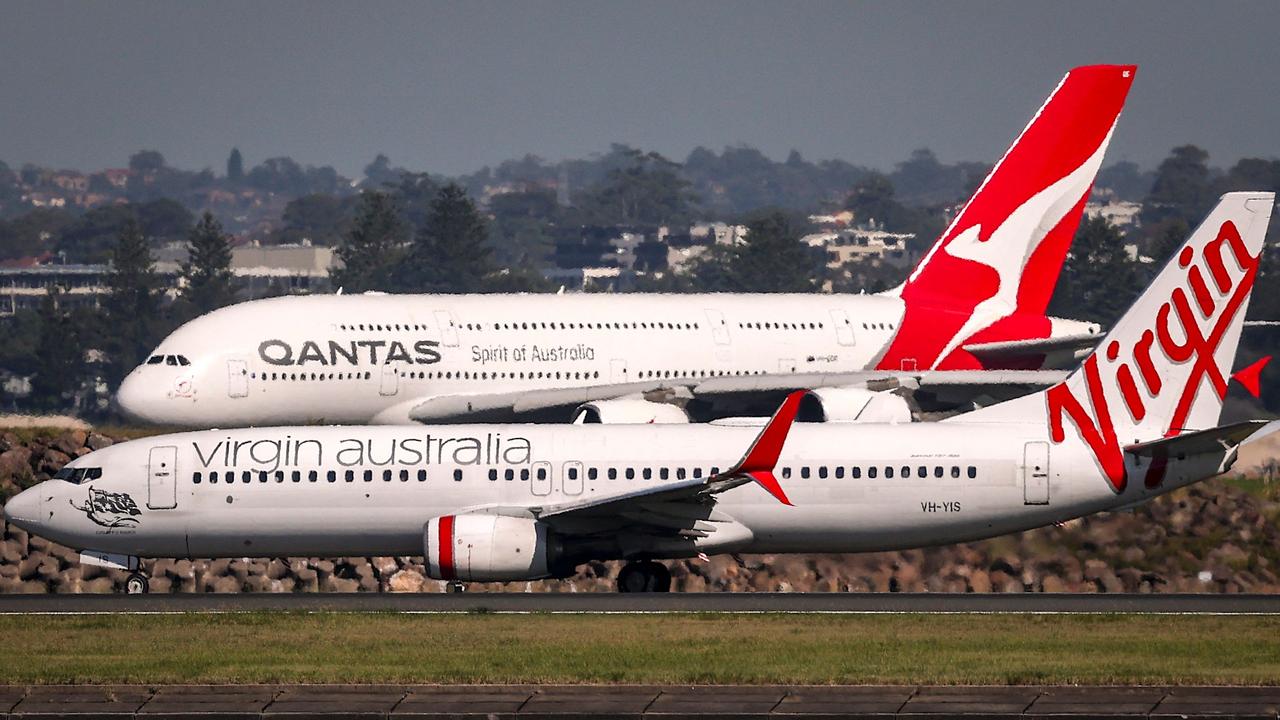
Since October 2024, the average real revenue per passenger had fallen 16.1 per cent to January 31, before jumping 9.6 per cent to March 31.
The ACCC made the observation that the increase in March was relatively consistent with previous years, despite falling jet fuel prices and no school holidays.
“The lower jet fuel prices in recent months should result in downward pressure on airfares over the next quarter,” the report said. Ex-Cyclone Alfred distorted some of the data, due to the large number of flight cancellations out of Brisbane, Gold Coast and Ballina airports resulting in almost 5 per cent fewer passengers being carried in March and a 6.6 per cent drop in capacity.
However, the average number of seats filled on domestic flights remained above 80 per cent, with Jetstar recording the highest average load factor of 86.9 per cent, and Qantas the lowest at 75.1 per cent.
The Australian Airports Association seized on the ACCC report as evidence of the need for “stronger policy settings” to support more airline competition and protect regional services.
AAA chief executive Simon Westaway said the report highlighted that capacity was not growing in line with demand, which meant fewer seats, fewer flights and less flexibility for travellers.
“The domestic airline market in Australia doesn’t have any new challengers on the horizon, and we’re seeing reduced choice available to the travelling public,” said Mr Westaway.
“International airline competition, by contrast, is gaining momentum due to the strategic collaboration between Australian airports and stakeholders.”
A Qantas spokesman said having a strong business and making sustainable profits meant the company could invest in its customers and people.
“Qantas and Jetstar’s performance is being driven by strong demand for travel,” he said. “Premium and corporate travel remains strong for Qantas while Jetstar carried a record number of customers last half.”
Virgin Australia stressed that the airline competed “every day” against it larger competitor to earn and retain customer loyalty.
“At Virgin Australia we are always focused on providing exceptional value and choice to travellers,” said a spokesman.
“We also offer frequent sale activity throughout the year, helping travellers access highly competitive fares.”
More Coverage
Originally published as Qantas-Virgin Australia duopoly now controls over 98 per cent of domestic market, ACCC reveals





